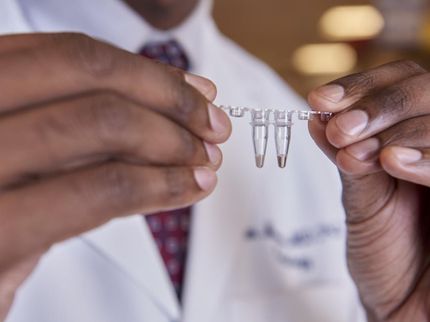Pronova BioPharma's PRC-4016 to begin clinical trials for mixed dyslipidemia
Advertisement
Pronova BioPharma will announce pre-clinical results of PRC-4016, a new chemical entity for the treatment of mixed dyslipidemia, and the Company is preparing to initiate clinical trials.
Mixed dyslipidemia is one of three main types of dyslipidemia, which is caused by an imbalance in the level of blood lipids. Lipids, or fat molecules, include both cholesterol and triglycerides, and dyslipidemia has been shown to play an important role in the development of cardiovascular diseases. Mixed dyslipidemia is characterized by elevated triglycerides (TG) and low high-density lipoprotein-cholesterol (HDL-C) with or without raised LDL cholesterol. The prevalence of dyslipidemia across the seven major pharmaceutical markets is estimated at approximately 270 million people with diagnosis rates of approximately 35-40 percent.
Pronova BioPharma is preparing to submit a CTA (Clinical Trial Application) for PRC-4016 in Europe, with the first patients expected to be dosed in September 2011. The Phase I trial will involve 80-120 subjects and be conducted in the UK. PRC-4016 will be tested in single and multiple escalating doses. Phase II studies are expected to begin in H1 2012.
PRC-4016 is a structurally enhanced omega-3 fatty acid with potent triglyceride and cholesterol lowering effects.
Results of pre-clinical studies of PRC-4016 will be announced today at Pronova BioPharma's Capital Markets Day in Oslo, Norway. PRC-4016 was shown to be more potent than fenofibrate in lowering both triglycerides and LDL cholesterol. PRC-4016 also increased HDL cholesterol more than the corresponding dose of fenofibrate in mouse models. Fenofibrate is currently the most commonly used treatment for mixed dyslipidemia.
PRC-4016 is the first of a number of new chemical entities to emerge from Pronova BioPharma's research into derivatives of omega-3 fatty acids. More than 500 new derivatives of omega-3 fatty acids have been synthesised by Pronova Biopharma's scientists and run through extensive tests to identify candidates with the most promising profile. A substantial number of the derivatives identified are more potent than traditional omega-3 fatty acids.
Commenting on the announcement, Morten Jurs, CEO of Pronova BioPharma, said, "There is a significant need for new approaches to the treatment of mixed dyslipidemia that can reduce triglyceride and non-HDL cholesterol levels in the blood while raising levels of HDL cholesterol. Current approaches do not achieve all of these goals and are further hampered by a narrow therapeutic window and unwanted side effects. We are optimistic that PRC-4016 has an optimal profile to set new standards in the treatment of dyslipidemia. This is a significant milestone for Pronova BioPharma and we look forward to the clinical development phase."

















































